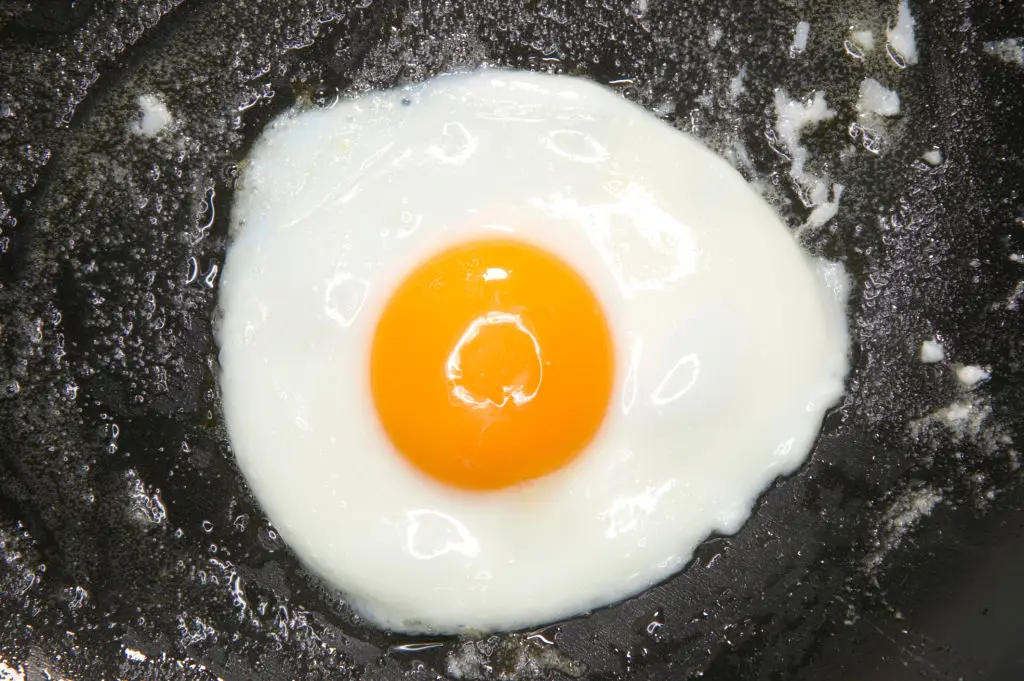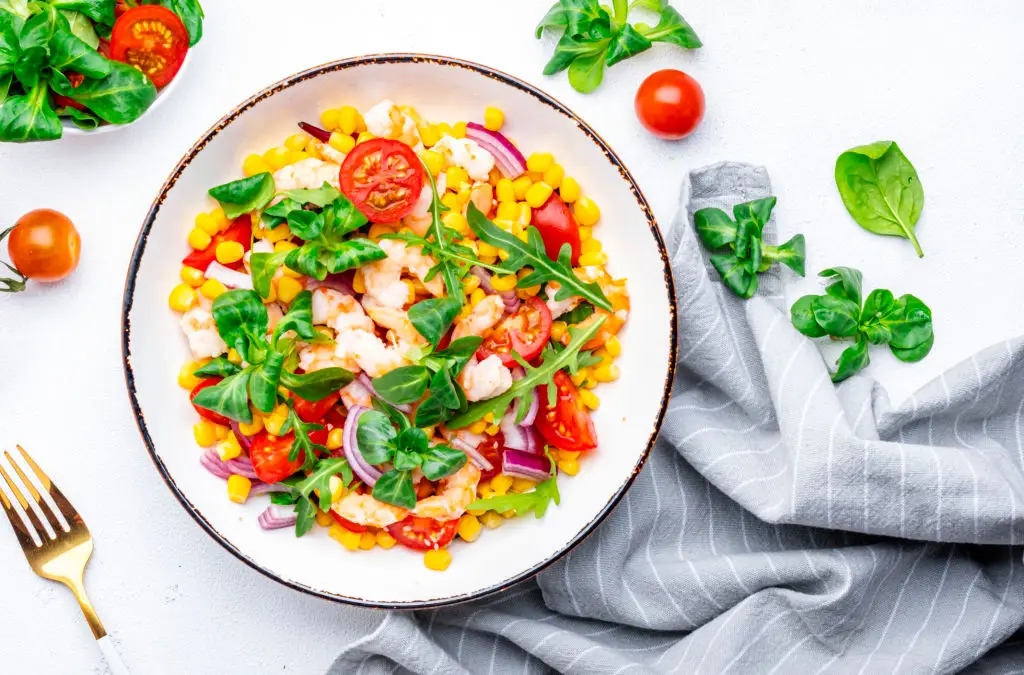Cholesterol Clarity: 12 "Forbidden" Foods You Can Finally Eat Guilt-Free
Have you ever stood in the grocery aisle, clutching a carton of eggs or block of cheese and wondering, “Is this going to send my cholesterol through the roof?” If so, you’re in good company. For decades, nutrition advice was shaped by fear: eggs, shellfish, whole milk—foods that somehow landed on the “forbidden” list for anyone watching their cholesterol. But here’s some heartening news: science evolves, and so can your approach to eating. Modern research has been steadily chipping away at old myths, clarifying which foods truly deserve caution and which have gotten a bad rap. Instead of guilt, what if we approached food with curiosity and self-care? Today, we’ll walk through 12 once-forbidden foods you can finally enjoy with a lighter heart (and a well-fed one, too). Along the way, you’ll learn why current evidence backs up this freedom—plus a few practical, delicious ways to make these foods part of your own wellness journey. Let’s set the record straight, one tasty bite at a time.
1. Eggs

For years, eggs were pegged as cholesterol villains, leading many of us to skip the yolks in favor of white, flavorless substitutes. The myth was simple: eating eggs would raise blood cholesterol and, therefore, heart disease risk. But the story isn’t that black and white—or yellow. Today’s research shows that for most healthy people, the cholesterol in eggs has only a minimal effect on blood cholesterol levels. The real dietary culprit for elevated cholesterol is usually saturated fat, not the cholesterol found in food like eggs. What’s more, eggs are nutrient powerhouses, packed with high-quality protein, vitamin D for bone health, and choline for brain function. If you enjoy eggs at breakfast—or any meal—there’s room for the whole thing on your plate. Try them poached, scrambled, or inside a veggie-filled omelet for staying power and satisfaction. As always, balance is key, and you don’t need to go overboard. One egg a day works well for most people, and if you’ve been missing that golden yolk, it’s time to crack guilt wide open.
2. Shrimp

Shrimp used to be viewed with suspicion for anyone managing cholesterol, thanks to naturally high cholesterol content per serving. The logic was clear but outdated: more cholesterol from shrimp meant more in your bloodstream. Yet current nutritional science offers a surprise twist. Shrimp is actually very low in saturated fat, and studies show that eating shrimp doesn’t typically raise LDL (“bad”) cholesterol; in some cases, it can even boost HDL (“good”) cholesterol instead. Beyond that, shrimp is brimming with protein, selenium, and antioxidants like astaxanthin, which help support overall heart health. Grilled shrimp tossed on salads or paired with whole grain pasta makes for a quick, nourishing meal. For those with shellfish allergies or unique medical issues, your provider’s input still comes first—but for most folks, shrimp can reclaim a spot on your plate, no shame required.
